Female Voices of Japan: 10 Multicultural and Half-Japanese Women Authors
Female Writers With Diverse Backgrounds Who Have Achieved Recognition In Japan And Abroad
It's no secret that Japanese authors have played a significant role in shaping Japan’s literary landscape. Yet, multicultural and “hafu” authors are often overlooked.
Amidst broader conversations surrounding Japanese literature, multicultural and “hafu” (child of one ethnic Japanese parent and one non-ethnic Japanese parent) authors are often overlooked for not being “Japanese enough.” For this reason, it’s essential to recognize the complexity of cultural and personal identities. Here are 10 female writers with diverse backgrounds who have achieved recognition in Japan and abroad.
Kimiko Hahn
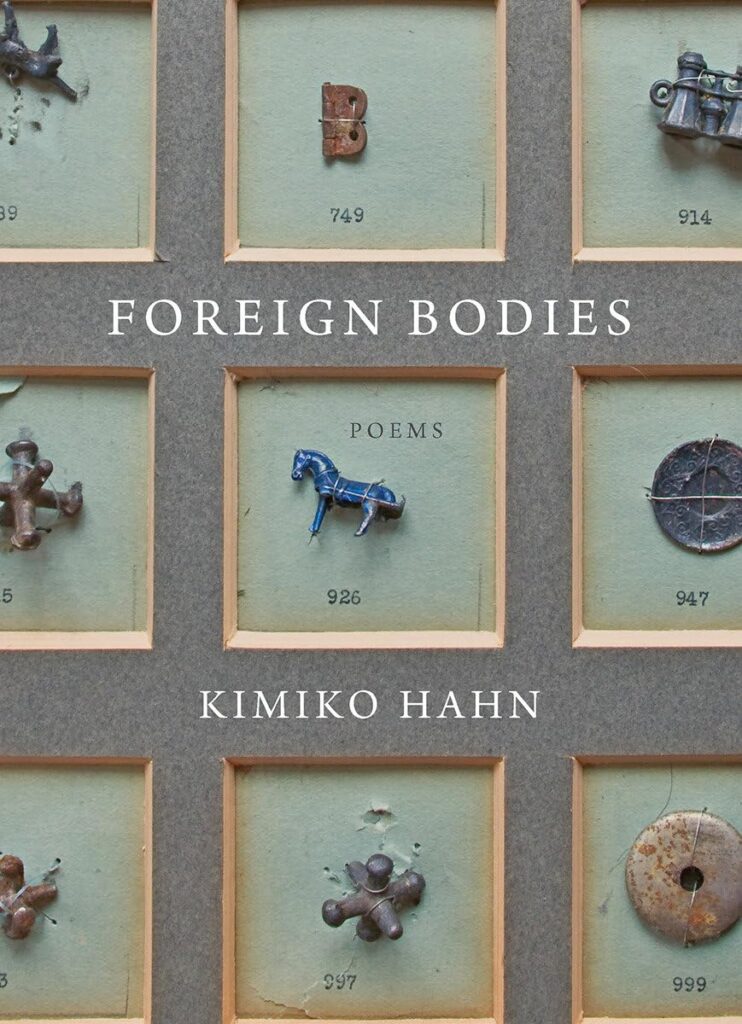 © Photo by Kimiko Hahn
© Photo by Kimiko HahnKimiko Hahn, a poet and recipient of the esteemed 2023 Ruth Lilly Poetry Prize, was born to a Japanese American mother and a German American father. Her poetry collections reflect the diverse influences that shaped her worldview, including the Asian American movement of the 1970s. Foreign Bodies and Brain Fever experiment with different themes and narrative forms, at times taking inspiration from Japanese literature and genres like zuihitsu (diary-like writing with fragments of ideas and texts from books), letters, emails and more. Hahn continues to explore poetry, chapbooks and art books as a professor at the City University of New York.
Ruth Ozeki
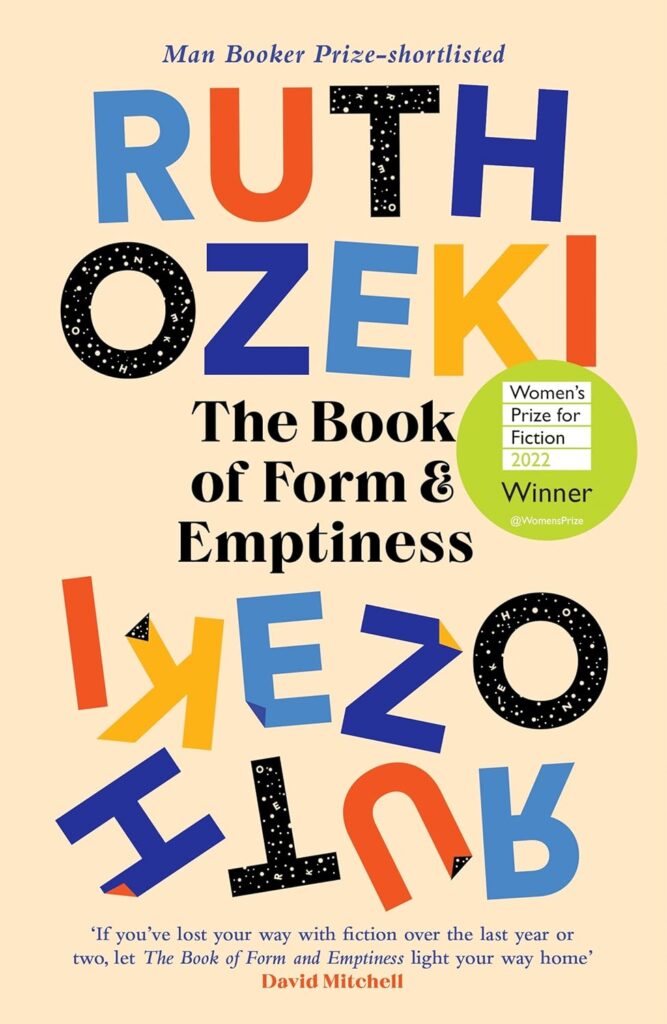 © Photo by Ruth Ozeki
© Photo by Ruth OzekiRuth Ozeki is an author, filmmaker and Zen Buddhist priest born to a Japanese mother and American father. Raised by parents versed in linguistics, Ozeki employs a dynamic storytelling style, crafting narratives that embrace hybrid forms. Her novels, including the internationally acclaimed My Year of Meats, take on themes of science, religion, technology, politics and pop culture. Ozeki has also made contributions to film and television in the United States and Japan. Her recent novel, The Book of Form and Emptiness has won multiple awards, including the Women’s Prize for Fiction in 2022.
Hannah Kirshner
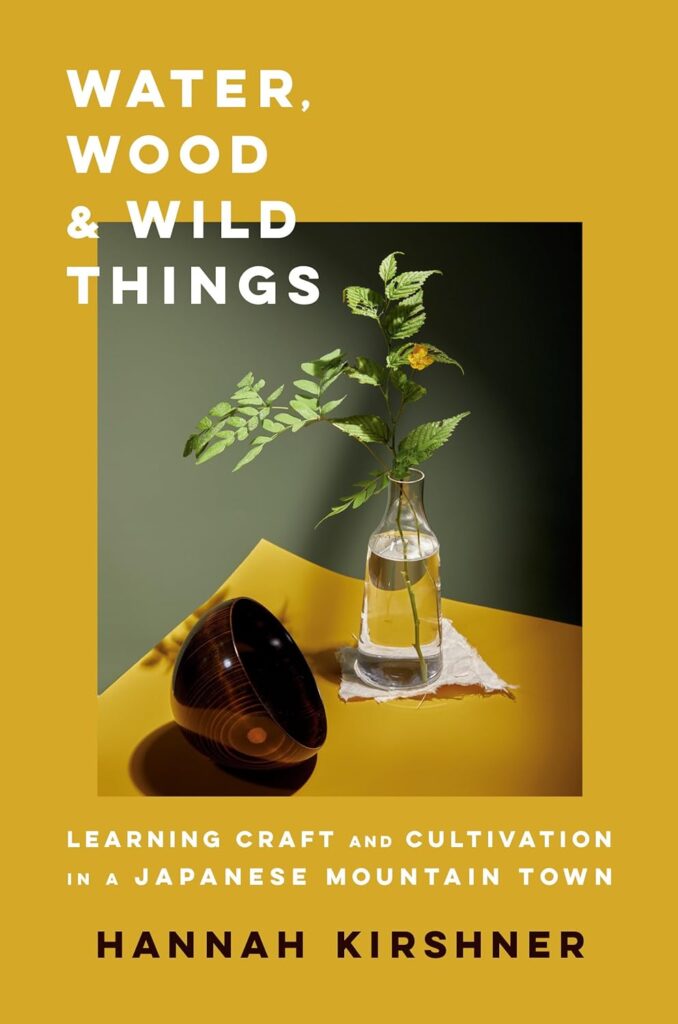 © Photo by Hannah Kirshner
© Photo by Hannah KirshnerHannah Kirshner is an artist and writer from Brooklyn, New York. Having ventured into the Japanese mountain town of Yamanaka, she narrates her experiences with delightful detail in the memoir Water, Wood, and Wild Things. Breaking cultural norms, Kirshner immersed herself in traditionally male-dominated spaces and learned how to harvest rice, craft sake cups and hunt wild ducks the traditional way, known as sakaami. Through vivid storytelling and illustrations, Kirshner becomes a cultural bridge, inviting readers to explore cultivation, craft traditions and appreciate the beauty of daily life in the Japanese countryside.
Liu Qiao
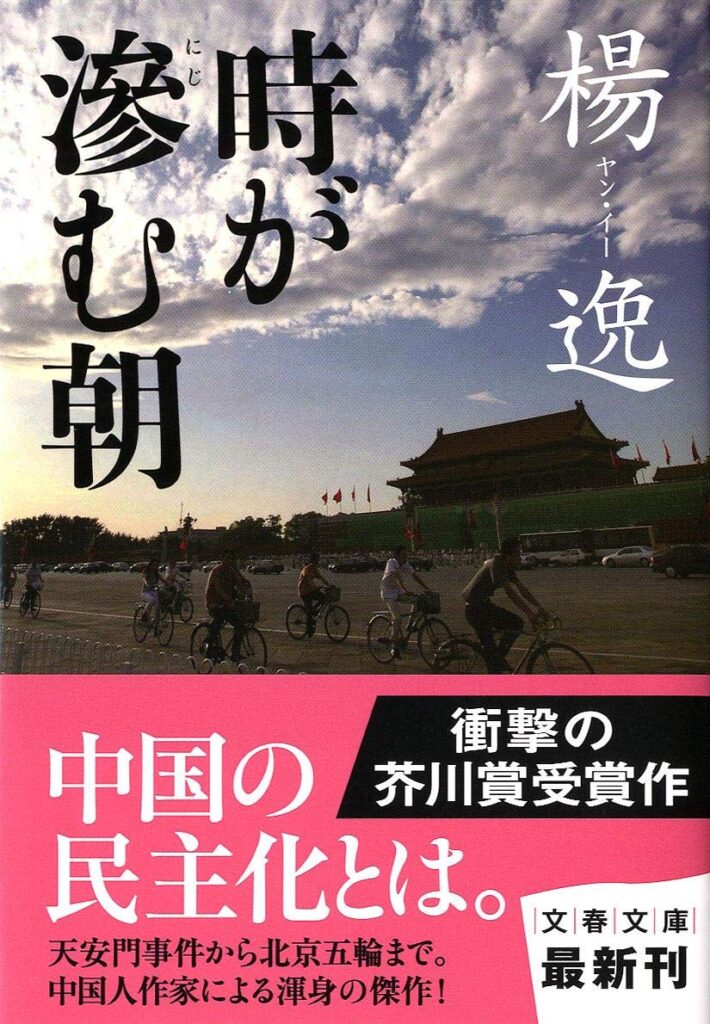 © Photo by Liu Qiao
© Photo by Liu QiaoLiu Qiao, also known by the pen name Yang Yi, is a Chinese novelist who made history as the first non-Japanese national to win the prestigious Akutagawa Prize in 2008, marking a significant milestone in Japanese literature. Her novel, Tokiga Nijimu Asa, “A Morning When Time Blurs,” delves into the tumultuous times surrounding China’s democratization movement and the aftermath of the Tiananmen Square massacre. Living in Japan since 1987, Liu Qiao became a professor at Nihon University, where she continues to explore the intersection of culture, language and identity.
Kristen Simmons
 © Photo by Kristen Simmons
© Photo by Kristen SimmonsKristen Simmons, a writer known for her young adult dystopian novels and thrillers, faced challenges in embracing her Japanese identity during childhood. Through her stories, she crafts characters of mixed race and explores various facets of Japanese culture. Her latest novel, Find Him Where You Left Him Dead, is inspired by Japanese folklore, exploring an underworld full of yokai (ghosts, demons and supernatural beings). Beyond her role as an author, Simmons draws inspiration from her profession as a mental health therapist and working with trauma survivors.
Li Kotomi
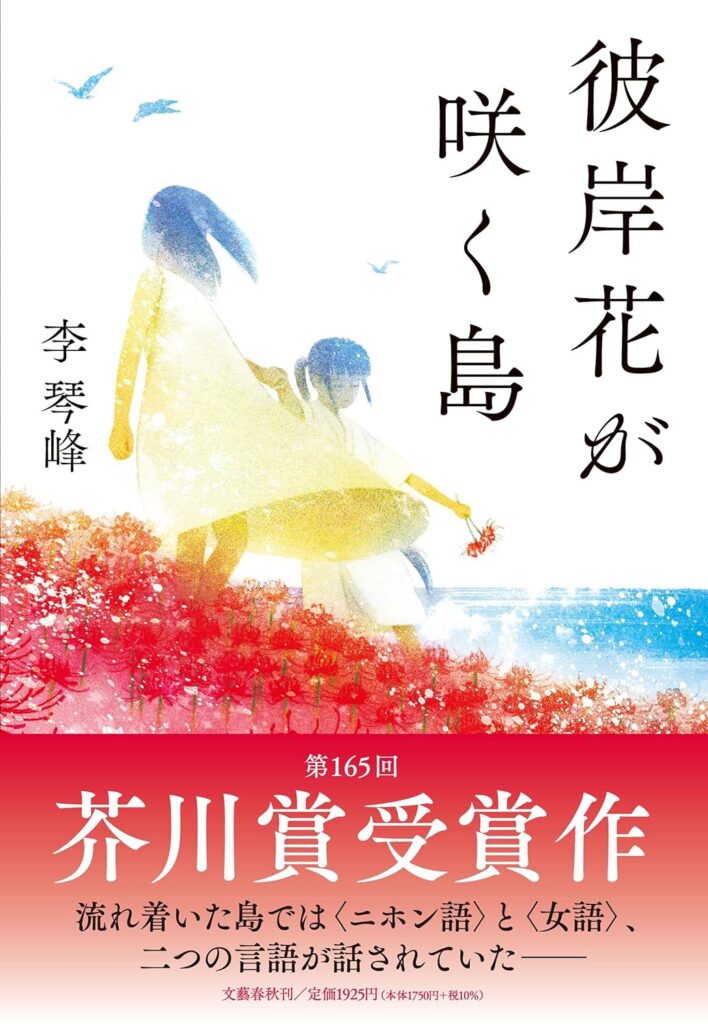 © Photo by Li Kotomi
© Photo by Li KotomiLi Kotomi, an award-winning novelist from Taiwan, has immersed herself in the Japanese language since she was fifteen years old. She is the second non-native writer to be honored with the Akutagawa Prize for her novel Higanbana ga Saku Shima, “The Island Where Red Spider Lilies Bloom,” in which she experiments with linguistics by blending Japanese and Chinese to create a single creole language. Her thought-provoking stories illuminate ethnic, sexual and gender minorities as well as contemplate history, culture and the preservation of language.
Polly Barton
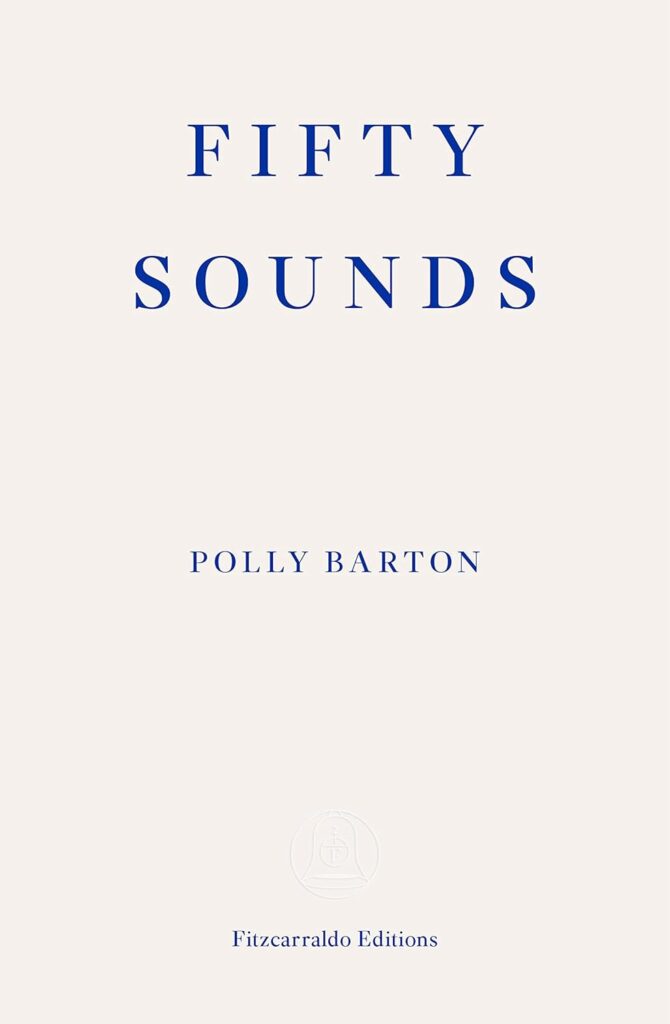 © Photo by Polly Barton
© Photo by Polly BartonPolly Barton is a writer and literary translator based in Bristol who bridges the gap between Japanese literature and English readers. In the memoir, Fifty Sounds, she looks back on her transformative experience of moving to Sado Island in Japan. Barton’s memoir serves as a “personal dictionary” of the Japanese language and offers insight into the challenges faced by foreigners in Japan. Her translations of various Japanese works, including titles like Spring Garden and Where the Wild Ladies Are, showcase her commitment to making Japanese literature accessible to a global audience.
Marie Mutsuki Mockett
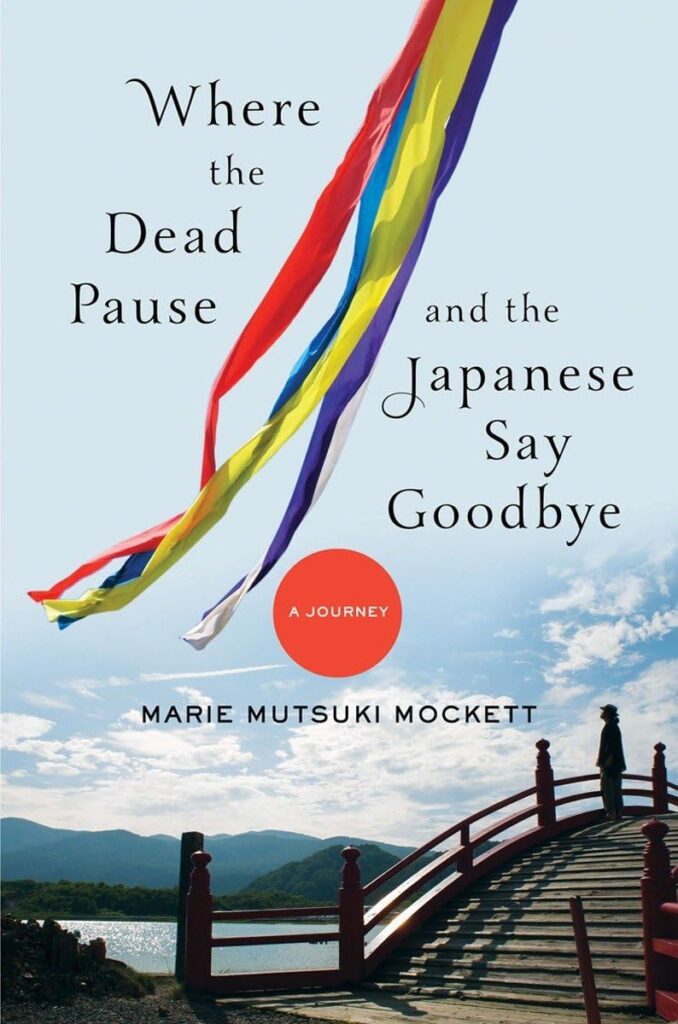 © Photo by Marie Mutsuki Mockett
© Photo by Marie Mutsuki MockettMarie Mutsuki Mockett, born to a Japanese mother and American father, delves into the complexities of cultural identity and the way it shapes storytelling. In her memoir, Where the Dead Pause, and the Japanese Say Goodbye, she recalls the tragic aftermath of the 2011 earthquake and tsunami in Tohoku, Japan, remembering her family’s 350-year-old Buddhist temple. Her work often presents oppositions between the urban and rural, the traditional and contemporary, and the East and West. Her words resonate with readers seeking a deeper understanding of identity, faith and the natural world.
Gail Tsukiyama
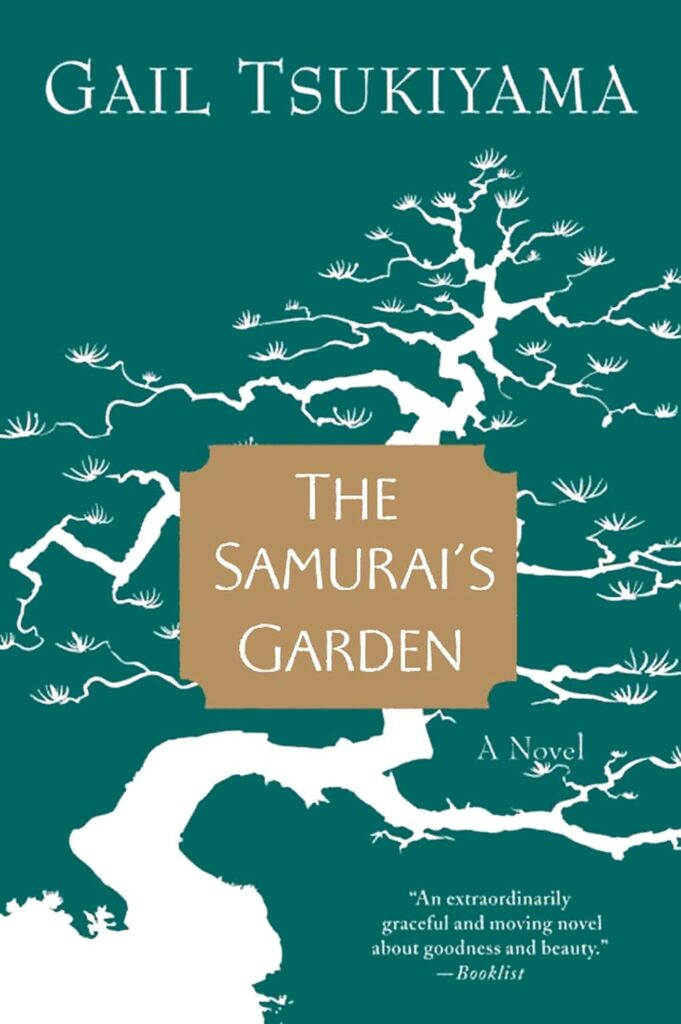 © Photo by Gail Tsukiyama
© Photo by Gail TsukiyamaGail Tsukiyama, an author who was born to a Japanese father and Chinese mother in San Francisco, California, crafts novels that offer a glimpse into the history of China and Japan. In The Samurai’s Garden, Tsukiyama paints a dreary yet beautiful narrative of a Chinese painter recovering in a Japanese village during World War II. Through her stories, the challenges within both cultures are brought to life. Beyond literary contributions, Tsukiyama is the executive of WaterBridge Outreach, an organization with a mission to help developing countries gain access to books and water.
Jan Morrill
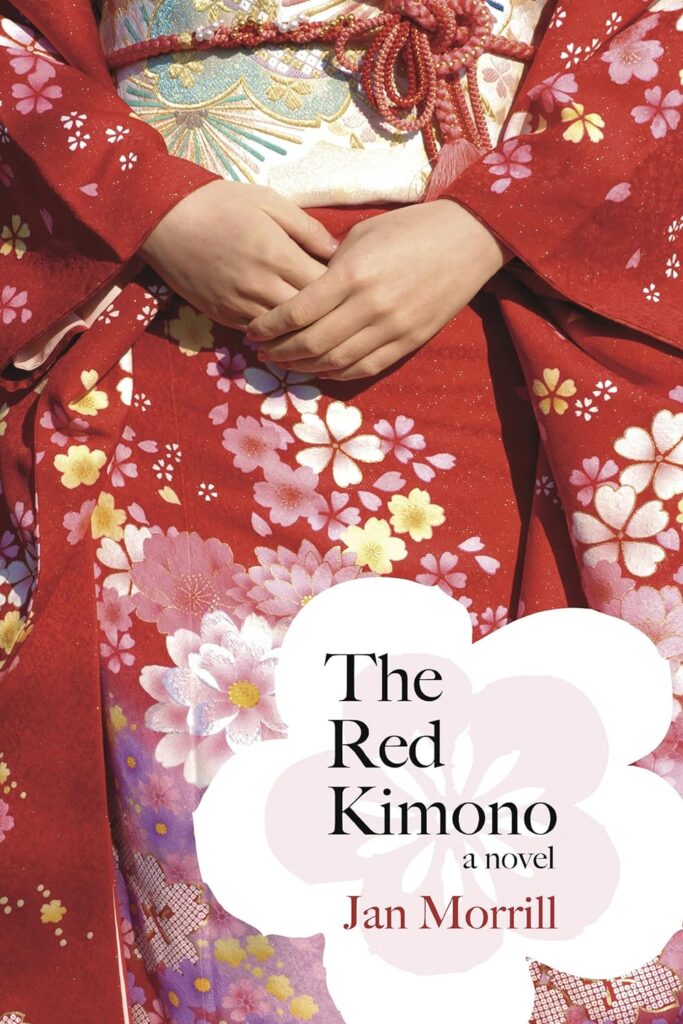 © Photo by Jan Morrill
© Photo by Jan MorrillJan Morrill taps into her Japanese American heritage to explore identity, resilience and family history in her debut novel, The Red Kimono. Raised in a multicultural, multireligious environment with a Japanese American mother and Irish American father, her novel and other short stories draw influence from a wide range of experiences, including her mother’s incarceration at a Japanese internment camp during World War II. Exploring this somber past, Morrill brings attention to suffering caused by discrimination and the enduring strength of the human spirit.
Continue the conversation! Share a comment introducing a half-Japanese or multicultural woman author who has roots in Japan.













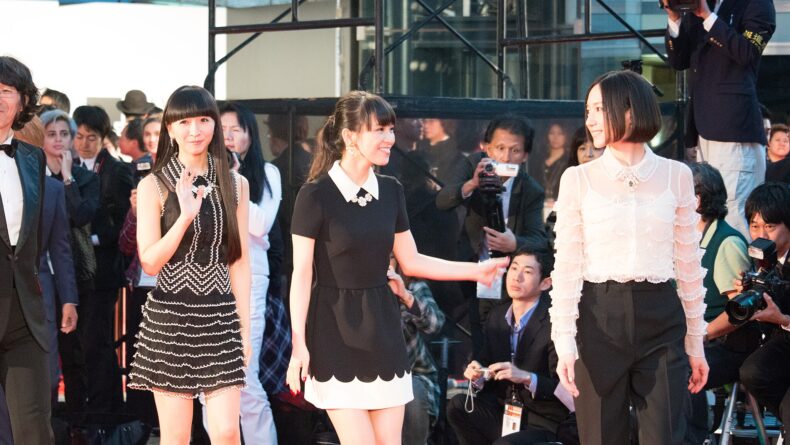


Leave a Reply